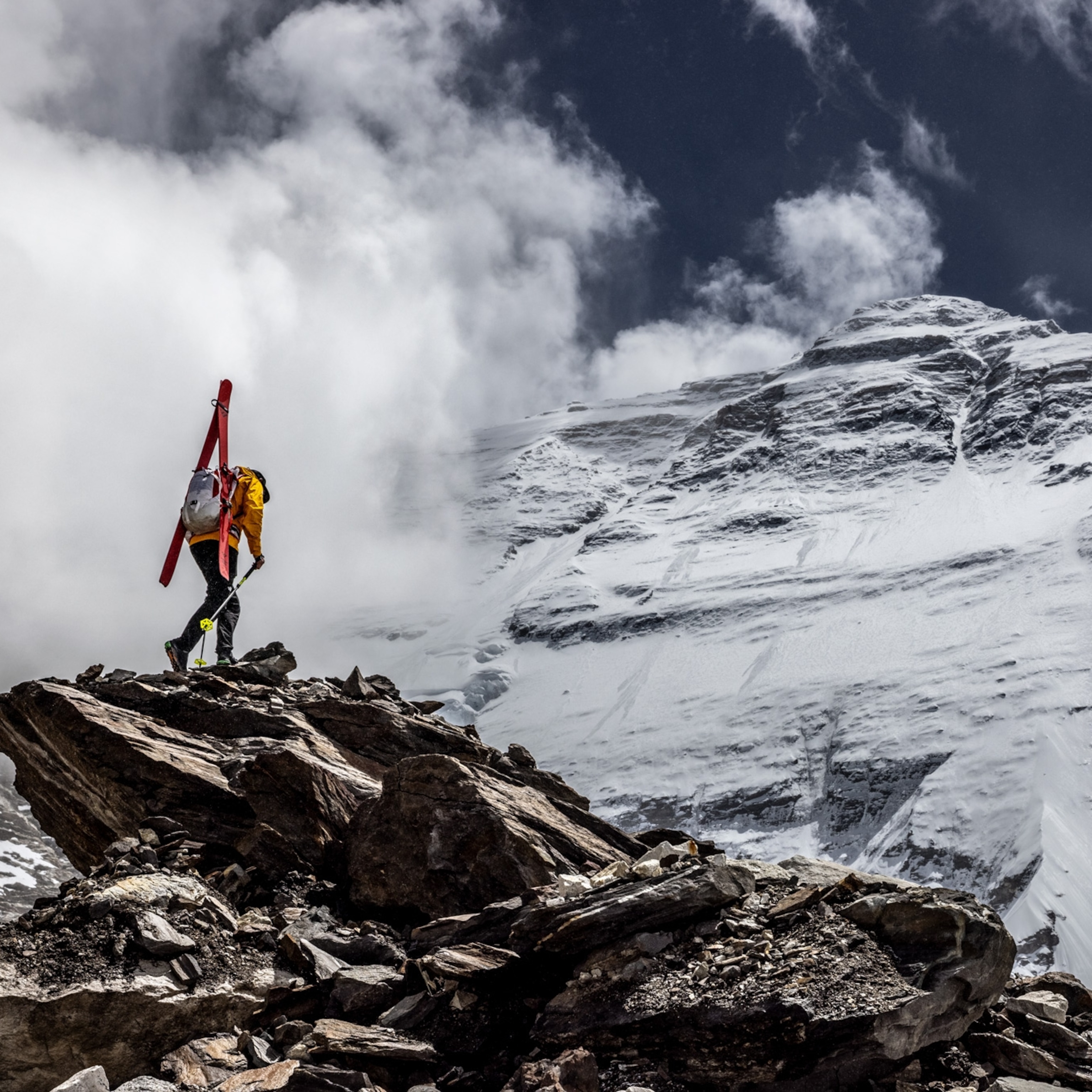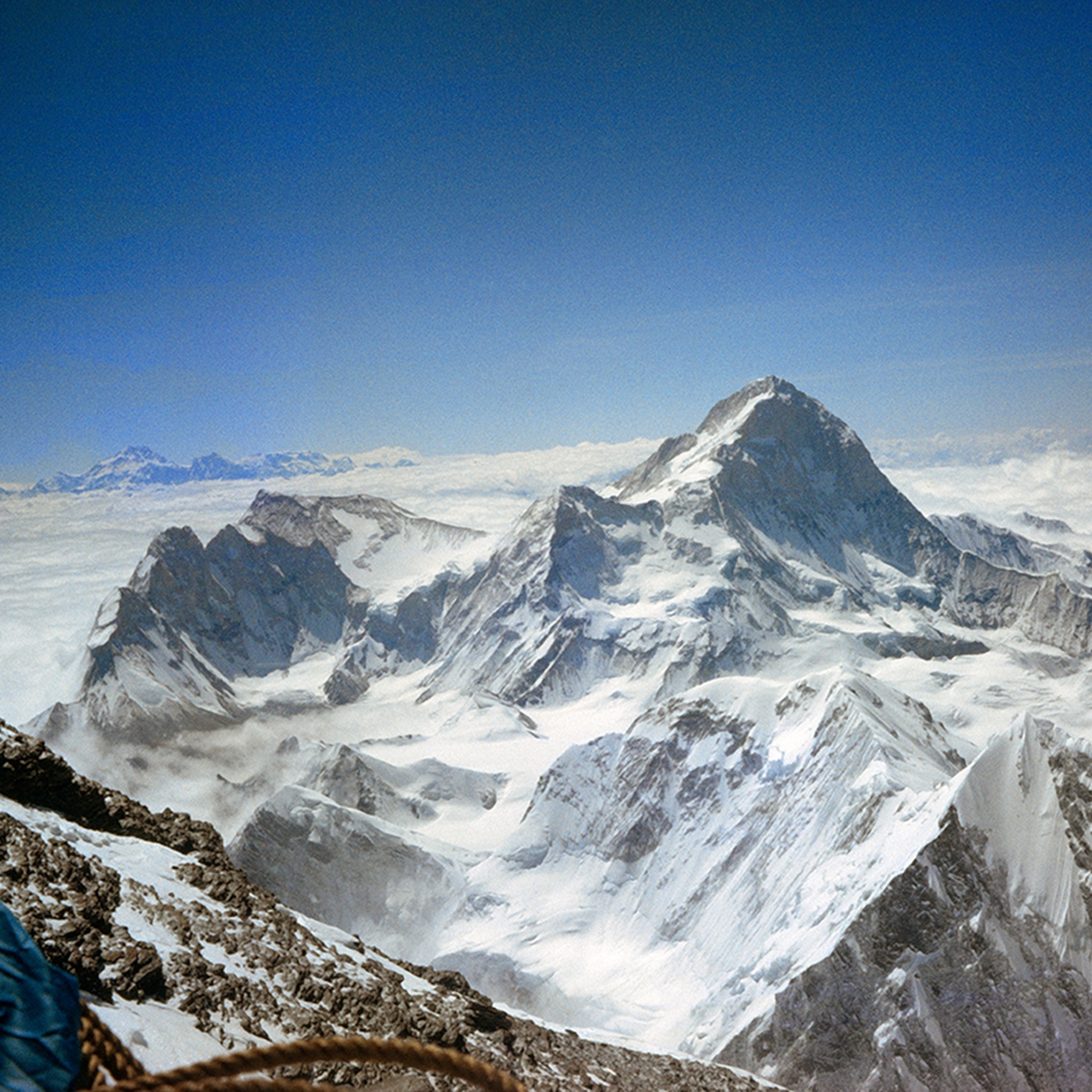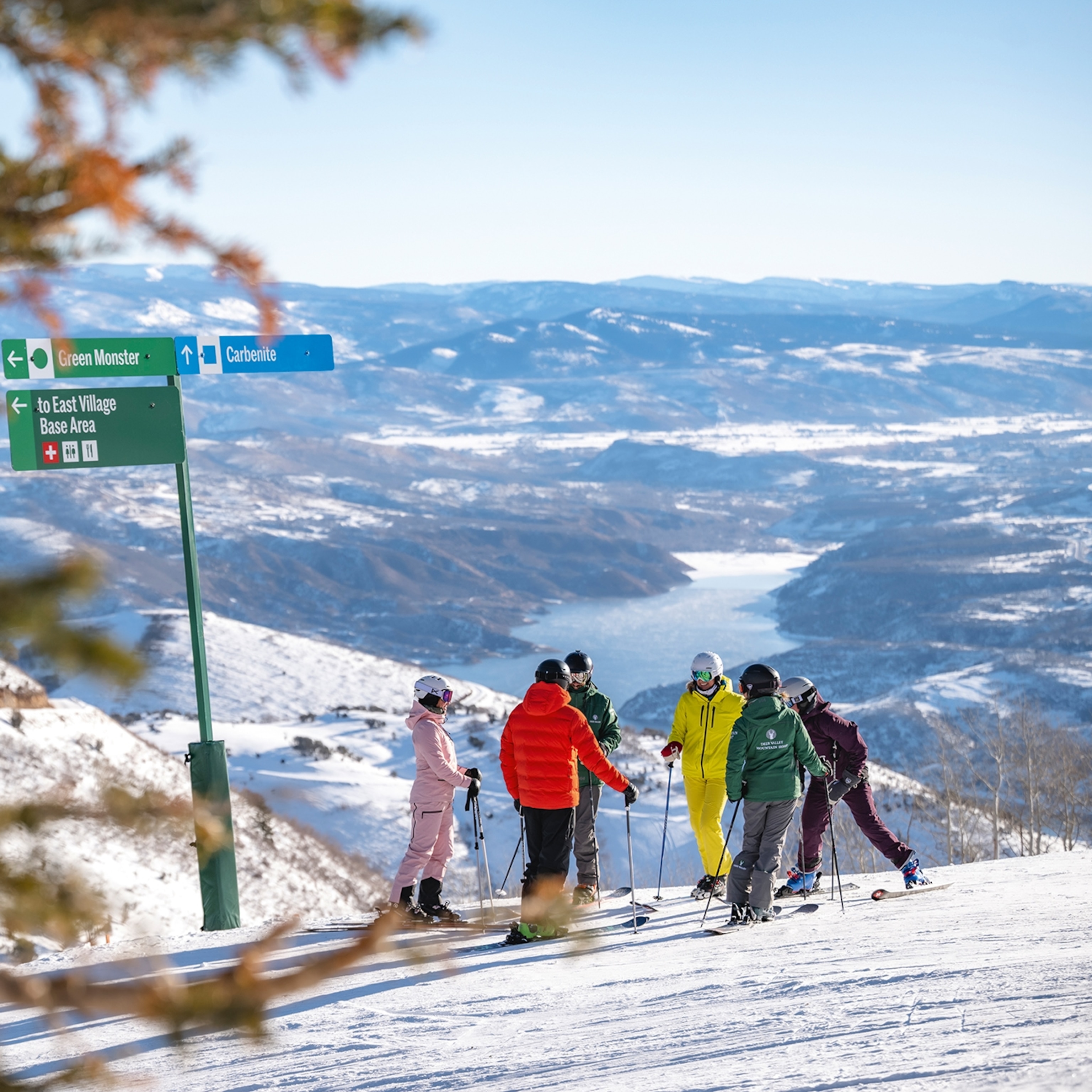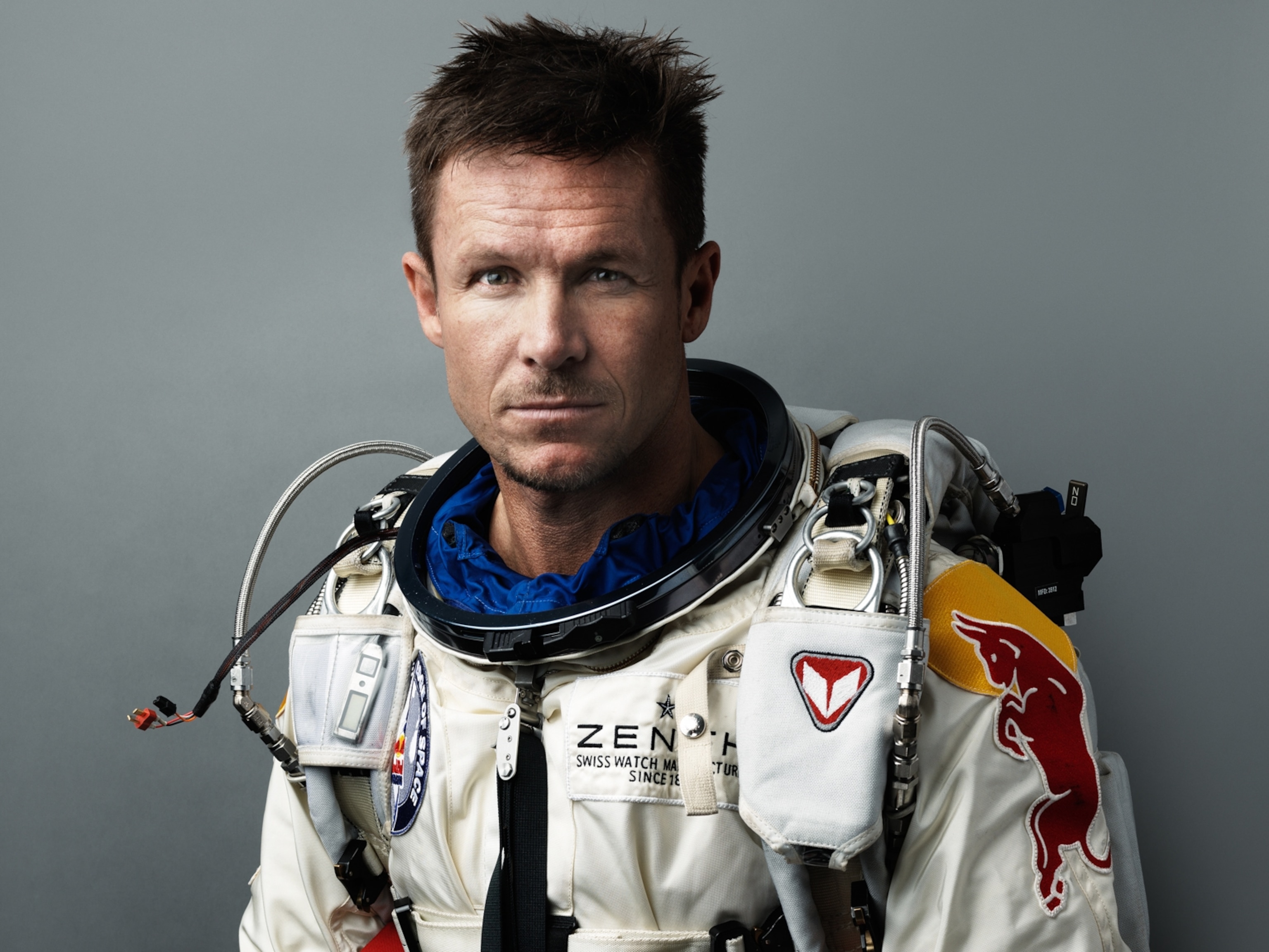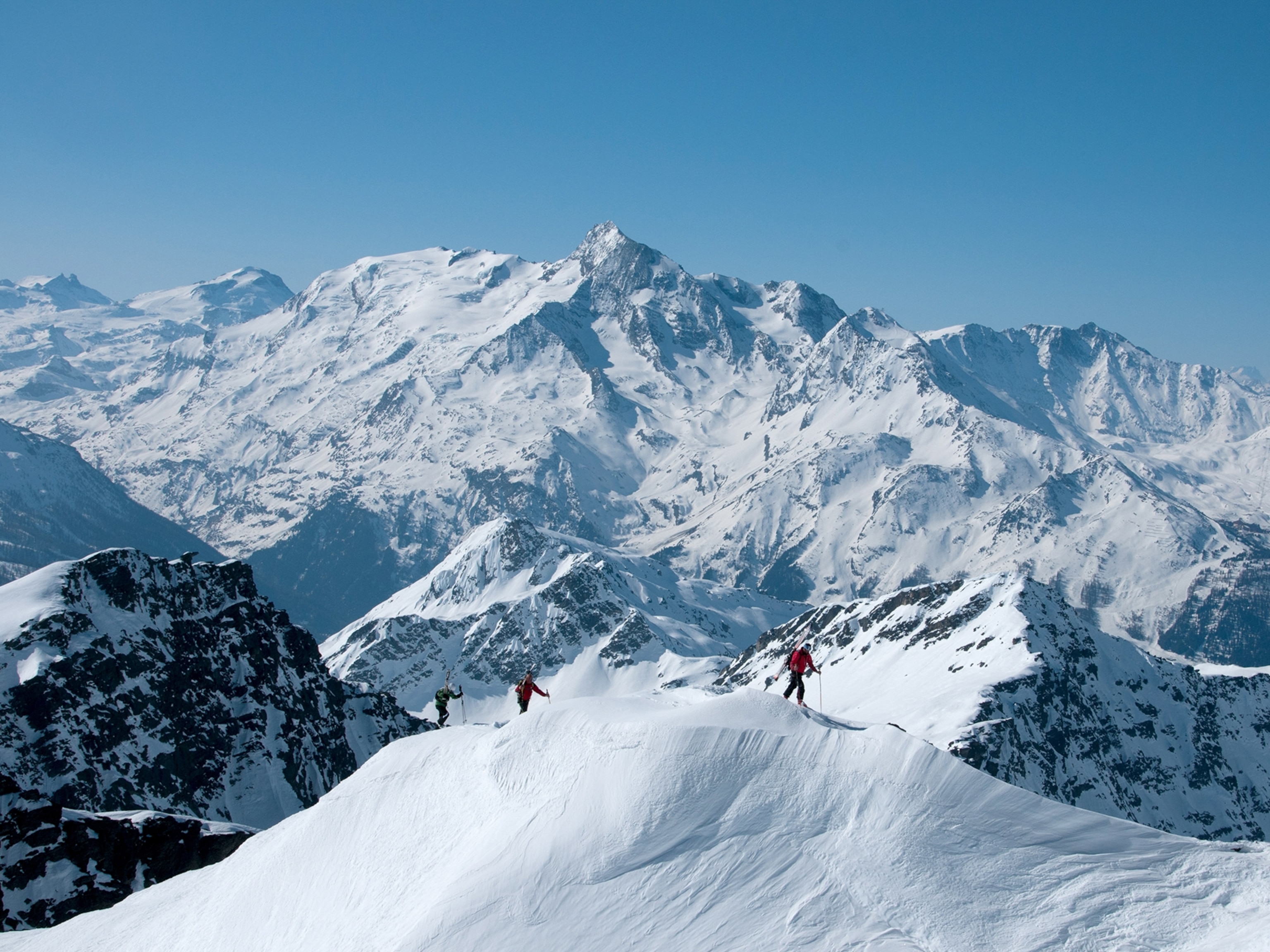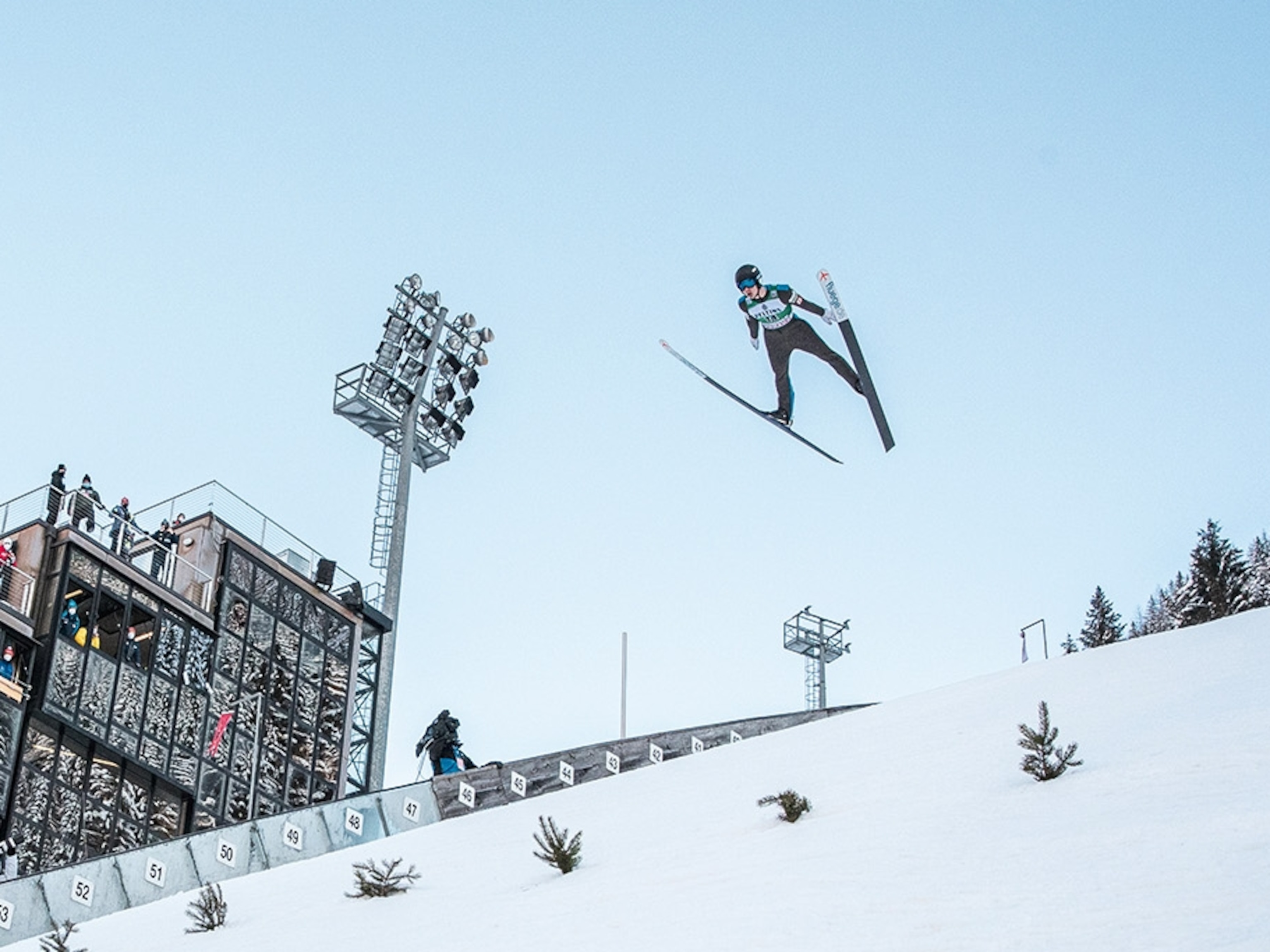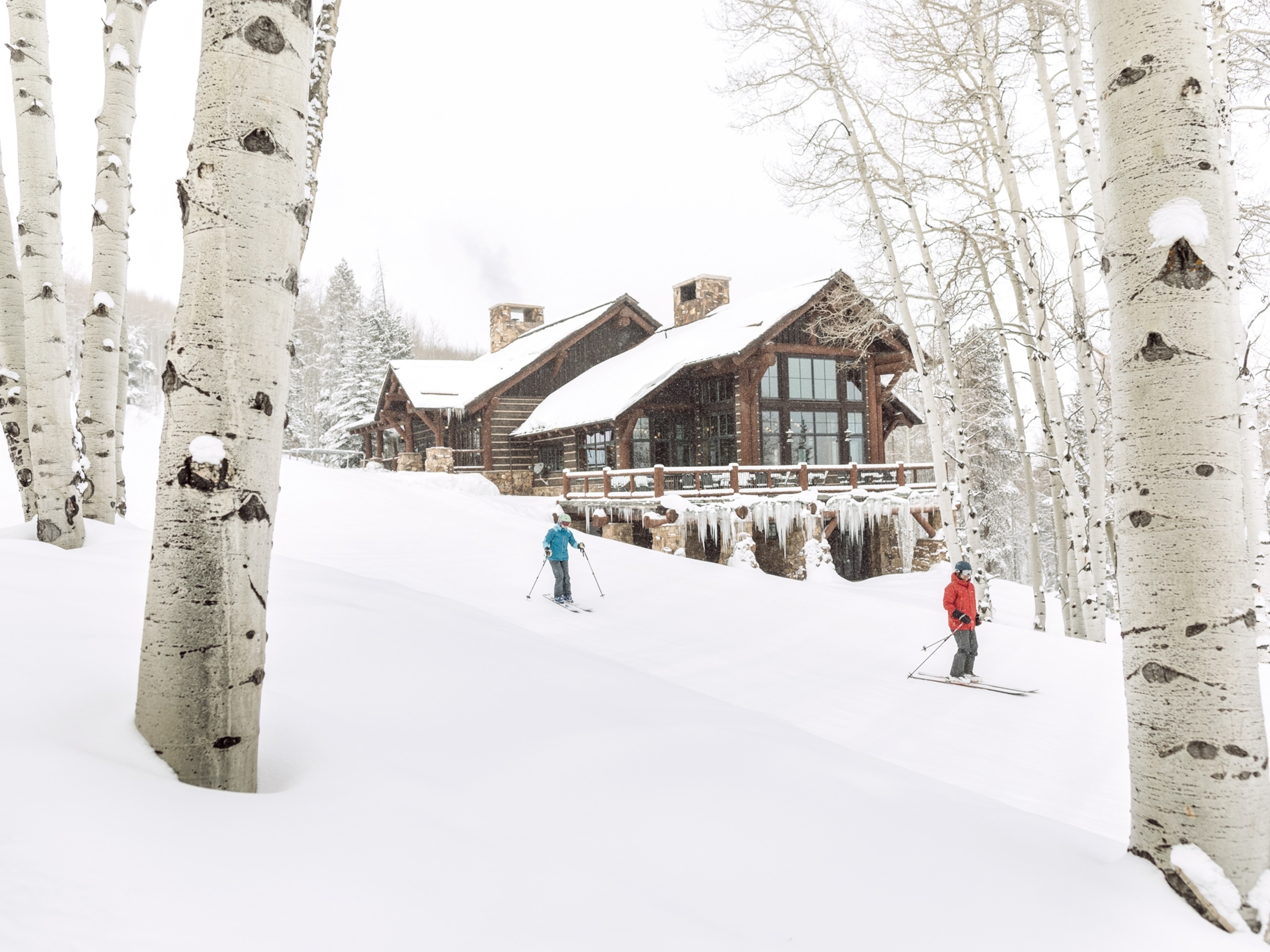
Snowboarder Kevin Pearce
After a traumatic head injury, a snowboarder finds new ways to lead his community.
In one year, snowboarder Kevin Pearce went from standing atop podiums at the X Games to relearning how to brush his own teeth after a traumatic brain injury. The one thing that never changed was Pearce’s commitment to the snowboarding community.
“That’s how this sport is so different, and that’s why I’ve been so drawn to it. It’s not just about me,” says the 26-year-old. “That’s what I tried to keep throughout my whole career—a real community feel.”
At age five, Pearce sent a handwritten letter to family friend Jake Burton, the owner of Burton Snowboards, asking for the first ever kid’s snowboard. Burton made the snowboard, which Pearce still has, and Pearce became obsessed with tearing up Vermont’s terrain parks.
He started competing when he was 16, but claims, “I really wasn’t very good at snowboarding. I got to ride a lot, and I worked really hard, but it was more about just getting out there and having fun.”
Yet, in 2008 at the Laax, Switzerland, Burton European Open, then-20-year-old Pearce beat Shaun White, then considered the best snowboarder in the world. After winning several of the season's major contests, Pearce was crowned the champion of the World Snowboard Tour (formerly the Ticket to Ride World Snowboard Tour). Going into the 2010 Winter Olympics, he was White’s only real competition.
Pearce and White needed to land the same trick to win at the Olympic trials: the cab double-cork—a double backflip with a twist. White convinced Red Bull to build him a private half-pipe in the Colorado backcountry to prevent anyone from stealing his new tricks. Pearce asked Nike to carve a pipe at Mammoth in California and invited his four best friends to train with him.
“I wanted to get to experience this with my best friends, really share it,” Pearce remembers. “I wanted it to be about everyone.”
On December 31, 2009, 49 days before the Olympics, Pearce caught his toe edge on a training run in a half-pipe in Park City, hit his head, slipped into a coma for six days, and suffered a traumatic brain injury from which he will never fully recover. The Crash Reel, an HBO documentary that premiered at this year’s Sundance Film Festival, takes an in-depth look at Pearce's experiences before and after the accident and how his family helped him heal.
Pearce will never compete in snowboarding again. He can’t take the chance of hitting his head again. Regardless, the name Kevin Pearce still means "community" in and beyond snowboarding. Instead of competing in the X Games in 2013, he’s provided commentary for them with ESPN. He can no longer ride the pipe, but he still can ride the rest of the mountain with his friends. He’s maintained his influence on the sport. Organizers selected Pearce to carry the torch during the 2014 Winter Olympics Opening Ceremonies.
He established Love Your Brain, a campaign dedicated to providing resources and support for the 1.7 million people in the U.S. who suffer traumatic brain injuries each year, as well as their families. The campaign also addresses head injury prevention, urging athletes to take a pledge to wear a helmet, providing information on health insurance for athletes, and instructions on what to do if you hit your head. It’s the first step toward figuring out how to channel Pearce's new perspective into something larger than podiums or gold medals.
“I have a huge opportunity to help these kids with brain injuries who don’t have a whole snowboarding community, and don’t have the best family in the world behind them,” says Pearce. “If I can do that, that really is going to help me make this life feel worth living.”
—Fitz Cahall
THE INTERVIEW
Adventure: You were 16 when you started winning major snowboarding competitions. How did you deal with the attention?
Kevin Pearce: My family kept me grounded. My older brothers kept me in place and made sure I didn’t get cocky.
A: What was it like training for the Olympics in your own half-pipe?
KP: It was the most amazing two weeks of my life with my four best friends driving snowmobiles around and teaching each other these new tricks into this airbag.
A: What made you choose to stay involved with the snowboarding community?
- National Geographic Expeditions
KP: It’s just who I am. I am a snowboarder, and I always will be a snowboarder. It’s what I truly love. I don’t want to hold on to that feeling of needing to compete, needing to do what I did. I want to continue to be involved in this amazing family—the snowboarding community—that has done so much to help me. But along with that, I want to move on and find my new things that I really enjoy that are separate. I don’t want to be holding on to this lost dream. I don’t want to be that kid who’s still trying to go for it even though he can’t. I want to be there [in the snowboarding community], but I also want to start this new phase of my life.
A: What does the new phase involve?
KP: I had a really hard time figuring out what I want to be and what I could attach to and really connect with, but what I have found is helping and supporting other people. Before [the accident] I was helping me. I was going out there and winning these events and winning this money and going back and partying, and it was like, Great, Kevin’s having a good time, but it was never like, Kevin’s helping somebody that’s suffering right now, and that’s going through some hard times. I never had that ability to be aware of this, and now I do. I’m still getting better to this day, and working at it has been so brutal on me. I feel like I can use [that awareness] and really do something important and special.
A: What do you miss from before the accident?
KP: That rush, and that feeling, and that thrill that snowboarding gave me. That’s why I got so good at it, and that’s why I was so successful—because that’s what I love. I love that pressure. I love how it feels to be at the top of the X Games pipe and ready to drop in and you’ve got to land your run, and if you don’t land it, you’re screwed. That’s really what woke me up in the morning and that’s what got me so excited. Some people call me crazy for feeling that, they say, 'That pressure is like my worst nightmare.' There’s something about it that’s just who I am and how my body works. I love it.
A: What would you say to the kids who are winning the competitions and pushing snowboarding these days?
KP: I would say hell yeah. Keep doing it and keep loving it—but do it in a safe way, and make sure you’re not an idiot out on your snowboard. I know exactly how those kids are feeling, and I know how amazing that is. So, I would say continue to do it, but make sure you know what the consequences are and you know what’s at stake. Understand what is possible.
